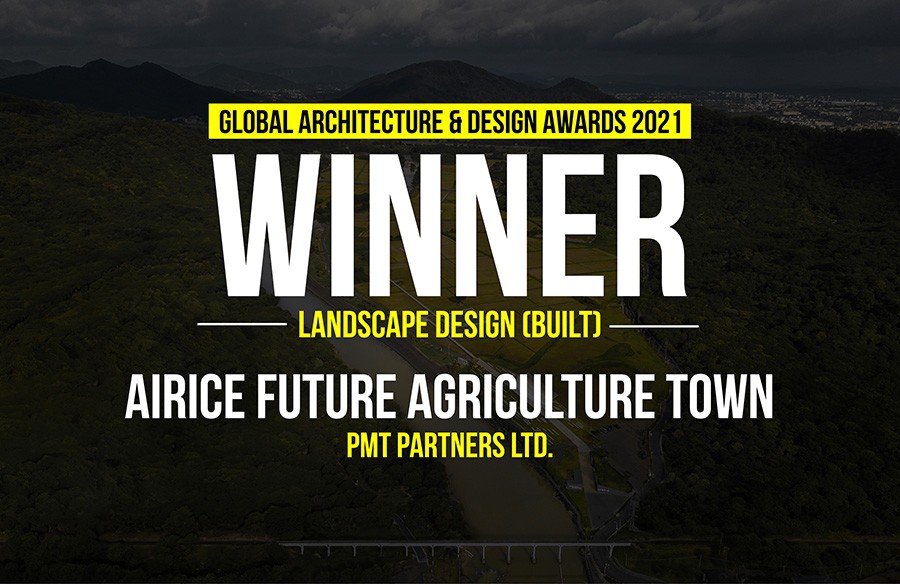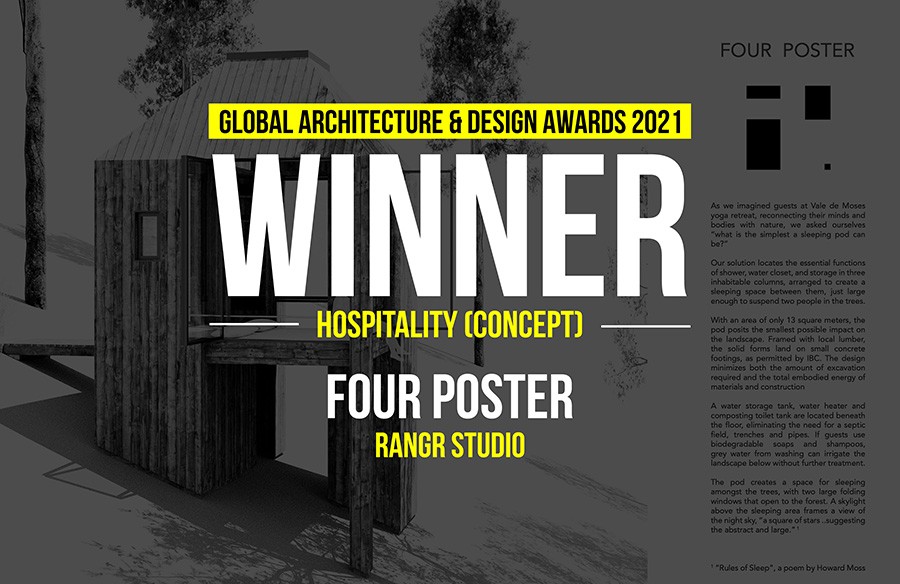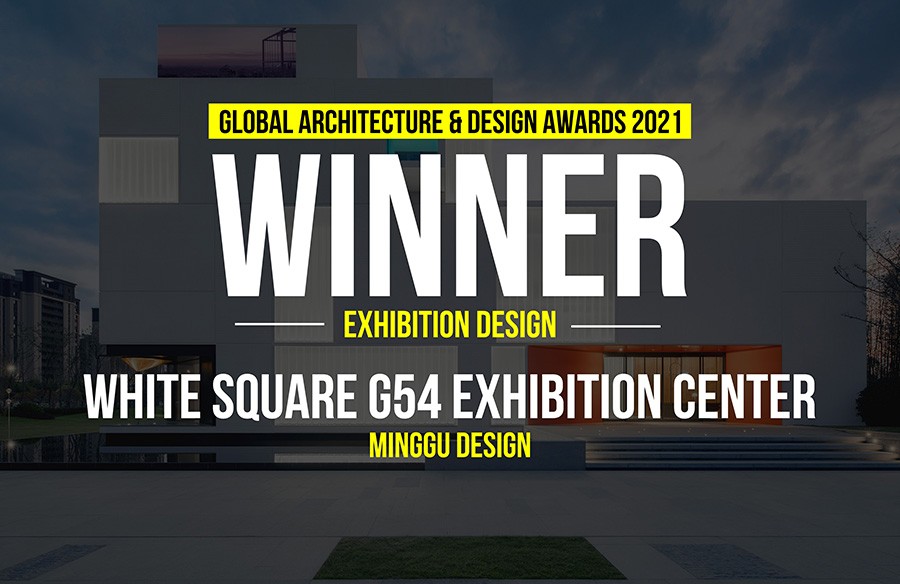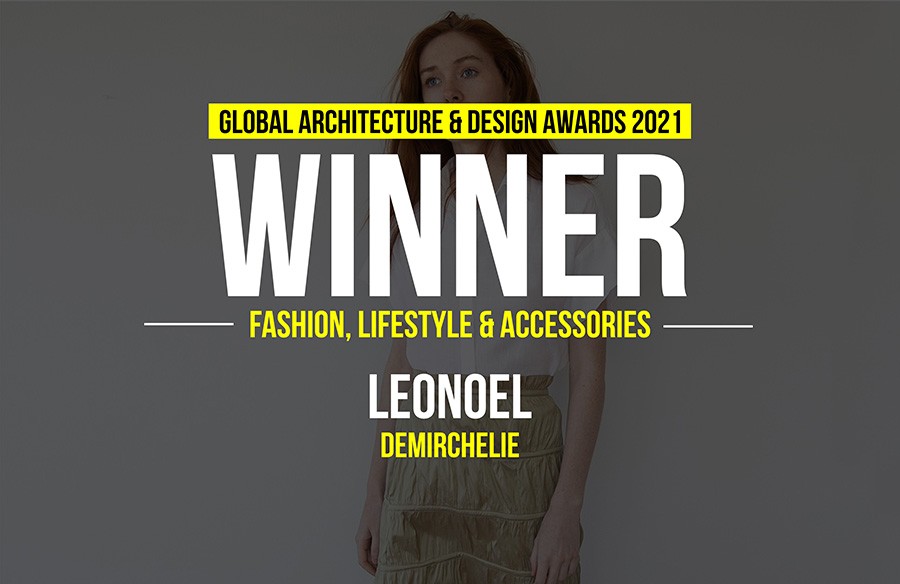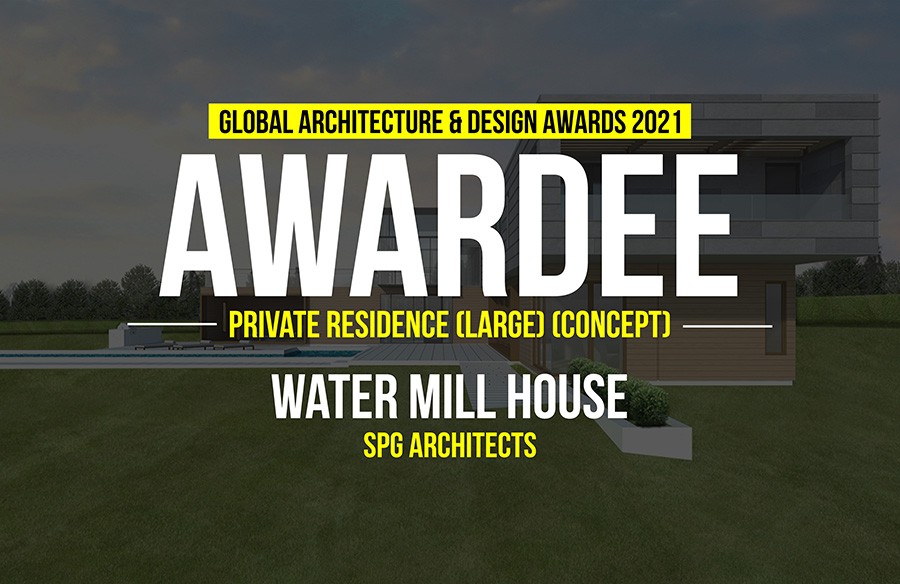Project Info
Architects: Ternulomello + Nuno Marcos
Location:Milan, Italy
Team:Stefania Stellacci
Sustainability Consulting:Gonçalo Pinheiro
Structural Engineering:João Paulo Cardoso (PRPC engenheiros)
Electrical Engineering:João Mira (Ohmsor)
Thermal Behavior:Rui Batista (Ohmsor)
Introduction
Inspired by the theme of Expo 2015 – “Feeding the Planet, Energy for Life” – the idea behind the design by Ternulomello + Nuno Marcos of recreating a greenhouse for the Service Areas seemed natural and spontaneous This construction method reminded them of the Crystal Palace, designed and built for the 1851 Universal Exhibition in London. The intervention is based on the application of passive technologies, to achieve a complete identification between energetic device and structure. Thermo-hygrometric comfort is achieved through natural ventilation, natural lighting and selective shading. More images and architects’ description after the break.

Details
It was Joseph Paxton, famous manufacturer of greenhouses and gardens, to provide the variant of the basic design that allowed a faster execution, making use of prefabricated and serial components. The first Expo was a celebration of modern industrial techniques. Similarly, Expo 2015 and its buildings are a “celebration” of new technologies, but in terms of social, aesthetic, technical, environmental and energy sustainability.
The elongated pitched roof shape of the building, typical of greenhouses, reminds us both the industrial tradition of Milan, with its warehouses, both the agricultural one, with its “Cascine”.
The use of this section, is also supported by two factors: the reduction of the envelope and higher structural efficiency. A lower perimeter means a reduction of the volume of air to heat and cool and the quantity of material used. The triangular scheme provides a better static behavior, an evener distribution of loads and consequently the use of thinner profiles.

The building envelope acts as a natural skin that protects, controls evaporation and regulates temperature. It is the key element, on which relies the visual impact and which must inform and attract visitors to the Site. We have chosen a multiwall polycarbonate sheet cladding for its thermal insulation properties, light permeability, and beauty. The skin is constituted by a double layer of multiwall polycarbonate sheets cladding, with interposed air chamber. In this cavity there is natural air circulation, due to the convective motion produced by the presence of openings in the top and the base of the casing. This helps to remove accumulated heat by solar radiation in the outer layer, also improving the wall’s thermal insulation properties during the winter period, and during night hours, maintaining the thermal inertia of the building.


